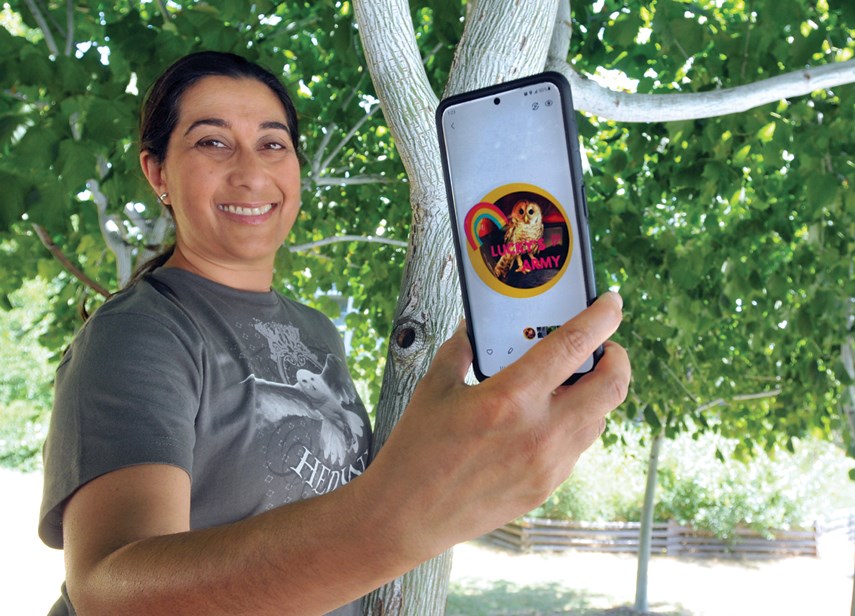The Province of B.C. is considering a long-term ban on rodenticides that have the unintended consequence of killing raptors and other predators.
Once consumed, second-generation poisons causes rats and other rodents to bleed out. But any predator or scavenger that feeds on a poisoned rat is liable to become sick and die itself.
How do North Shore residents feel about a ban?
North Shore News polled 2008 readers and asked the question: Should the province ban second-generation rodenticides?
The poll ran from May 5 to May 30. Of the 2,008 votes, we can determine that 758 are from within the community. The full results are as follows:
The movement to ban rodenticides has been around for years but it got a big boost recently from a North Shore resident. Yasmin Abidi has been lobbying the province and municipal governments to outlaw the poisons since 2020 after she helped rescue a young barred owl that had been poisoned twice in three weeks.
All three North Shore municipalities banned the use of second-generation rodenticides on civic-owned properties but they do not have the power to ban their sale or use outright. In July 2021, the province brought in an 18-month ban on consumer sales of rodenticides but left exemptions in place for essential services, including agriculture, health services, sanitation, communications, as well as the BC Coroners Services and those performing mortuary services.
Results are based on an online study of adult North Shore News readers who are located in North Vancouver and West Vancouver. The margin of error – which measures sample variability – is +/- 2.18%, 19 times out of 20.
North Shore News uses a variety of techniques to capture data, detect and prevent fraudulent votes, detect and prevent robots, and filter out non-local and duplicate votes.



